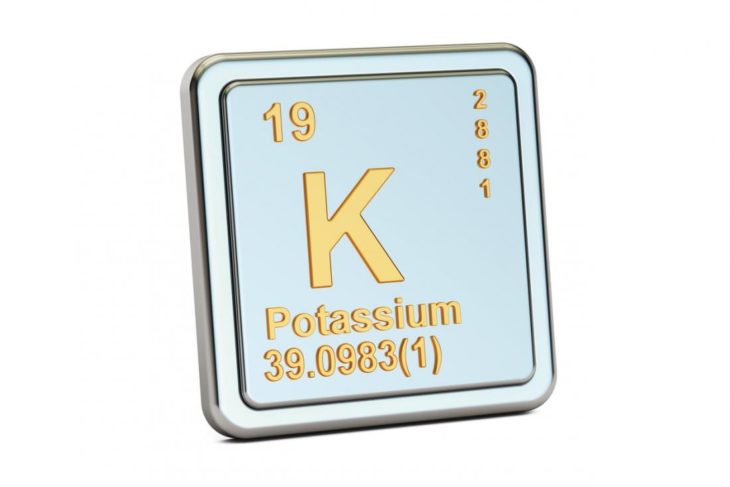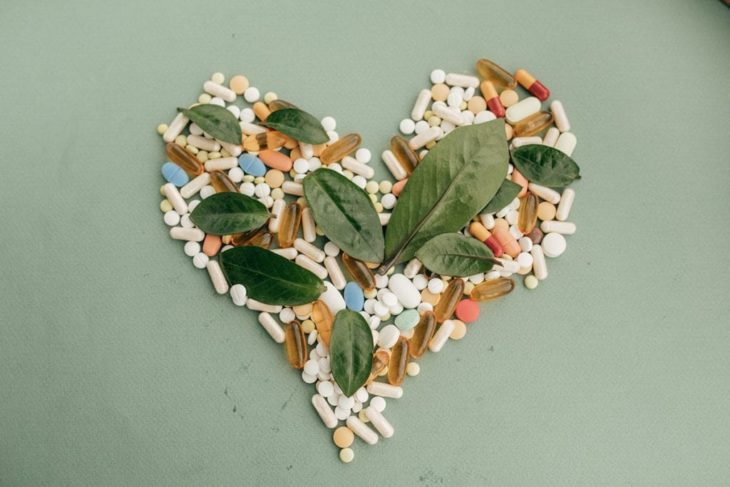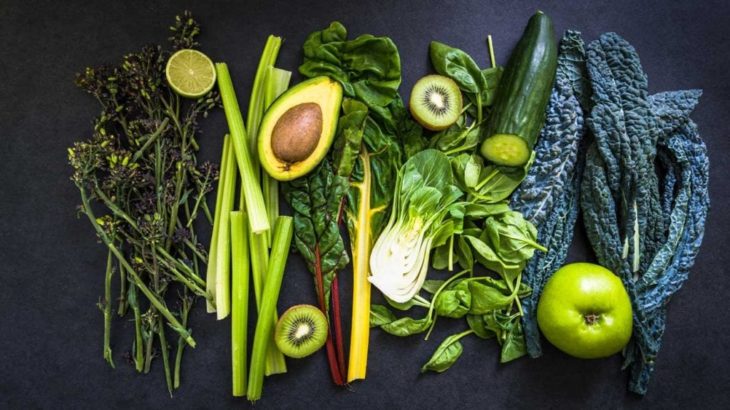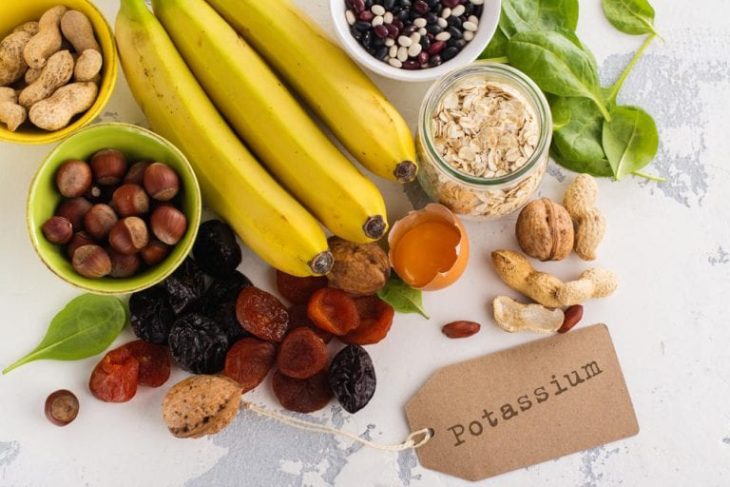Potassium is a mineral that is crucial for the way our hearth, kidneys, and other vital organs work on a day to day basis. Potassium is key for combating irregular heartbeat and lethargy, and it can overall offer you a better chance to live your life healthier.
People who follow a healthy diet naturally get enough potassium intake on a daily bases. Low-potassium can result in some major conditions such as high blood pressure, stroke, cancer, arthritis, digestive problems, infertility, and heart diseases. People with low-potassium are recommended by doctors to change their diet or to take potassium supplements in order to better prevent such conditions.

source: medicalnewstoday.com
These potassium deficiencies can be found in people who:
- Use certain prescribed medicines such as diuretics
- Their jobs are physically demanding
- Athletes who exercise in conditions involving sweating and hot climates
- People with Crohn’s disease, which is a condition that affects digestive absorption
- People with an eating disorder
- Smokers
- Drug and alcohol addictions
How much potassium should you take in order to avoid these deficiencies?
There is a set adequate intake for potassium for all ages, which is set by the Institute of Medicine. If you commit to acquiring the daily recommended intake (DRI) of potassium, it will result in major health benefits for you. This can be done through a healthier diet, or though potassium supplements. The best potassium supplements are approved by the FDA, and they have also determined that each food that contains at least or more than 350 milligrams of potassium will bear a label that says “Diets containing foods that provide a good source of potassium and are low in sodium may reduce the risks of high blood pressure and strokes”.

source: drhoffman.com
Below we will discuss what should be the daily intake of potassium for each age category.
- For children ages 0 – 6 months the daily intake of potassium is to be 400 mg
- For children ages 7 – 12 months the daily intake should be 700 mg
- For children ages 1 – 3 years the daily dosage increases to 3.000 mg
- For children ages 4 – 8 years the daily dosage of potassium should be 3.800 mg
- For children ages 9 – 13 years the daily dosage of potassium intake is 4.500 mg
- For children ages 14- 17 the daily dosage is to be 4.700 mg
- For adults ages 18 and up, the daily dosage of potassium remains 4.700 mg
- For pregnant women, the daily dosage remains 4.700 mg
- For breastfeeding women, the adequate intake of potassium should be 5,100 mg.
In the case of taking potassium supplements, remember to take them with a full glass of water or any other liquid as long as it’s not alcohol.
Foods That Are Rich with Potassium
Foods rich with potassium can be found at your local supermarket, and these foods are:
- Bananas
- Avocado
- Nuts, almond, and peanuts
- Citrus fruits
- Green vegetables
- Milk
- Potatoes

source: healthline.com
Boiling these foods can decrease the amounts of potassium found in them, so make sure to keep that in mind.
What are the Risks of Taking Potassium?
At normal dosages, potassium is safe to take, but it can be quite dangerous in high doses. Remember to always consult with your doctor if you’re planning on taking potassium supplements. And in the case of people with kidney disease, diabetes, heart disease, Addison’s disease, or other health problems, you should always consult with your doctor first before taking any potassium supplements.

source: womenshealth.pt
